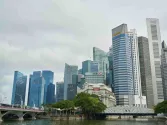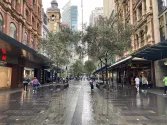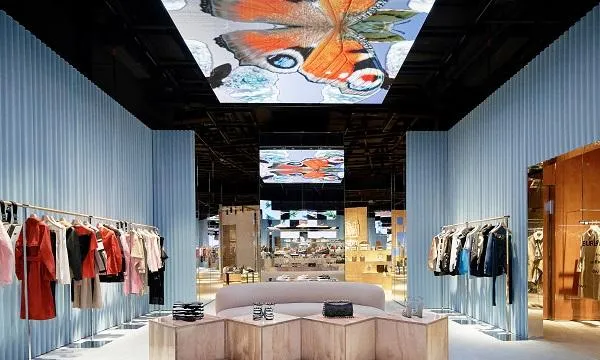
Strong recovery ahead for Asia's luxury sector
Majority in Asia have plans for leisure travel in the next 12 months.
Asia's luxury sector is expected to show a strong recovery by 2021, led by a V-shaped recovery of the economy in China, Korea, Taiwan and Japan, where the virus has been brought under control and luxury brands can leverage large domestic markets, according to a report from Agility Research and Strategy.
The recovery in Asia is being led by well-known and trusted brands and boosted by loyal customers. Notably, consumers had less time to shop and explore new trends and brands, pushing them towards familiar luxury brands as they seek reassurance in times of uncertainties.
Agility’s data found that COVID-19 has taken an emotional toll even on high net-worth (HNW) consumers, and many have focused on their wellness and health rather than on more hedonistic pursuits.
In particular, consumers have paid more attention to social issues that have come to the forefront during the pandemic, and have expressed more concern about the community and world around them.
"This new mindset has translated in increased loyalty towards brands that have connected with them in meaningful ways during the pandemic, brands that have reached out and showed empathy," the report stated.
However, bright spots appear for the travel sector, with majority of the HNW consumers across Asia planning to take some form of international leisure travel in the next 12 months. Those from Indonesia, India, and Hong Kong were particularly optimistic about international travel.
In light of these, Agility has recommended for luxury brands to focus and pamper their most loyal consumers, make sure that they can offer clients quality time at the store or the convenience of shopping from their homes.
"Gone are the long queues of aspiring customers who only buy low-priced accessories. Customers who visit luxury stores now are the ones that are truly loyal to the brand," the report stated.
In the US, some tentative recovery in selected categories were recorded, but Agility noted that the economy is still fragile and brands need to monitor the situation closely for pockets of recovery.
Europe has also been heavily impacted by lack of tourism, a second COVID-19 wave and the need to develop local consumers to help tide the crisis, since most overseas tourism has dried up due to travel restrictions.
Categories that have done well include electronics and consumer tech, luxury auto, skincare and jewelry, said Agility's managing director Amrita Banta.
“Paradoxically, these categories may have benefited from the current crisis, since travel budgets, which pre-Covid absorbed between 20% and 30% of HNWIs luxury spending, have been diverted to luxury goods purchases and domestic sales,” Banta said.


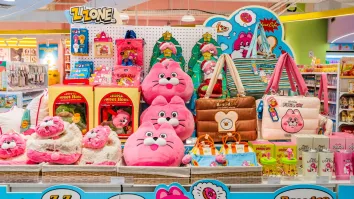
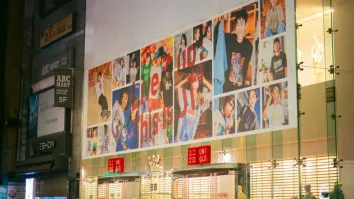


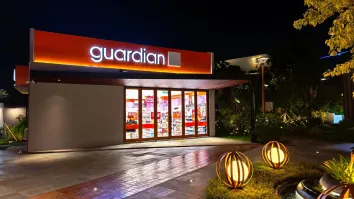

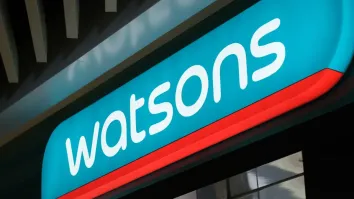



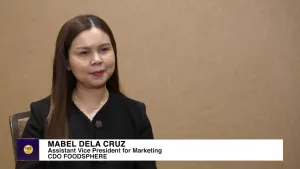
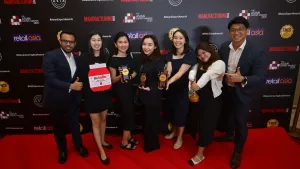
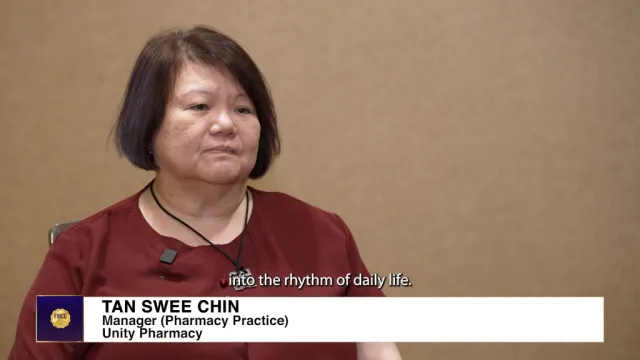
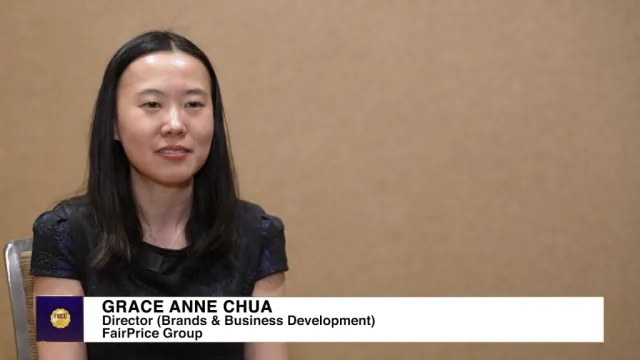



 Advertise
Advertise

